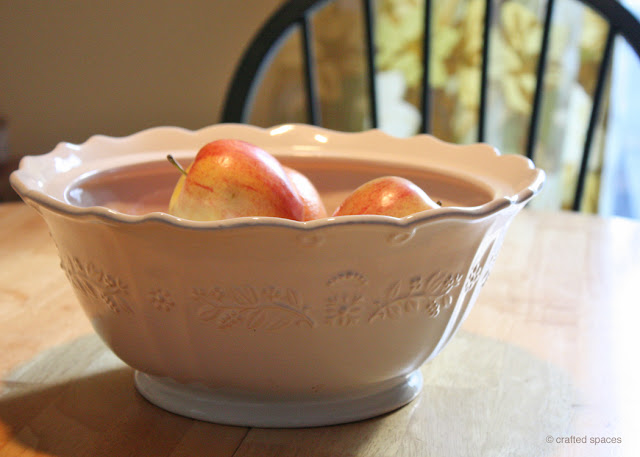Blogging can be a wonderful way to share your ideas and experiences. There are so many blogs that are used for personal and business purposes. Crafters, designers and artisans use blogs to showcase their work and to connect with clients. There are also many blogs that share great tutorials and DIY projects.
My blog is a vital part of my business, because it is where I share my creative projects, and where my students can access my classes and workshops and make payments for their desired sessions. A question that came to my mind was: what if something happened and I was unable to access my blog? What happens to all the information and work that has been put into designing and content?
I save .pdf versions of my content, but having an electronic version that is easy to import back into my blog forum or move to another platform is also a great idea. This is why I think, backing up your blog is something you should also consider doing.
Access Your Settings
If you have never done this before, here are two ways that you can access your blog settings. If you have multiple blogs, Option 2 will give you access to all of your blogs.
Option 1: When you have signed into your blog click on "Design" at top right hand corner. On the left of your screen you will see several icons and links, click on "Settings."
Option 2: If you have several blogs, click on "Design," and just under the blogger "B" logo (upper left hand corner) you will see "My blogs." When you click on this link, a new window will appear with a list of all your blogs. Click the triangle icon next to your blog title and a drop down menu will appear. Select the "Settings" link from the drop down menu.
Downloading Blog
- When you have accessed your "Settings," select "Other"
- Locate your "Blog tools" and you will see the option to "Import blog - Export blog - Delete blog"
- Click on "Export blog" and a pop-up box will appear asking you to "Download Blog"
- When your download is complete, you will see an .xml file at the lower left hand corner of the screen (Mac and Chrome users).
- Save this file in a folder for easy access. On my Mac, I simply clicked and dragged the file onto my desktop, then saved it in a folder called "Blog Backup."
- With windows and other browsers, the choices will be basically the same, but may look a little bit different.
An .xml file is an Extensible Markup Language file. It is similar to an .html file except its format is designed for RSS feeds and/or blogs. It can be opened in Notepad (Windows), TextEdit (Mac) or other Web design programs such as Dreamweaver. This is a source code file with all the scripting and content for your site. An explanation of RSS and XML is beyond the scope of this blog but if you want to find out more about these technologies, there is a great article on About.com for .xml as well as very extensive entries for XML and RSS on Wikipedia.
As an added note, I originally tried doing this in Safari and I was getting an RSS feed instead of a download (this is because Safari has a built in RSS feed reader). I then tried it in Chrome and it worked just right, so keep this in mind when you try it in your given browser.
You may also want to schedule how often you do a backup. Depending on how much you blog, consider a weekly or a minimum monthly schedule. If you are a WordPress user, perhaps this link on how to export or download your content or how to set-up automatic backups using WordPress will be helpful.
Do you currently back-up your blog and/or computer files? How often do you do a back-up?
Important Note:
This is how I backed up my Crafted Spaces blog. I would hate for anyone to lose their valuable information, so I suggest that you do some research and make sure that this is safe for you to do as well. The research I did was very helpful to me. I decided to write this blog with the hope that it might help others, but I always suggest doing your own research as well. Check the blogger support forum for more information before proceeding with your download.































